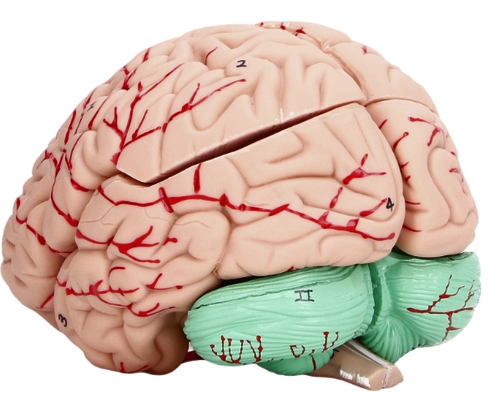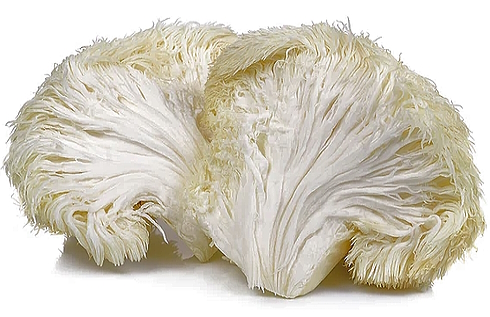|
Protect your brain, eat organic
After the age of 45, a diet containing mainly organic foods may protect against deterioration of cognitive abilities. Chinese epidemiologists suggested this in a study in which they analyzed American data.

Study
Chinese epidemiologists from Southern Medical University analyzed data from 6,077 American people over 45 who had participated in the Health and Retirement Study. This project is an initiative of the University of Michigan. The study participants had completed questionnaires about their diet - and had reported whether they consumed organic products.
It was not difficult for the participants to end up in the category of consumers of organic food. If they indicated that she had eaten organic food in the past year and could name at least one specific food, then that was sufficient.
In addition, researchers tested the cognitive abilities of the study participants.
Results
The Chinese conducted two analyses. The first was a cross sectional study. In this case, this meant that the researchers compared study participants with mild cognitive impairment with study participants whose cognition did not deteriorate. After the Chinese had removed all possible disturbing factors as best as possible, they saw that organic food reduced the risk of cognitive decline by 66 percent.
This type of research often results in strong health effects, which unfortunately later turn out to be less strong - or not to exist at all.
Click on the tables below for a larger version.


The second analysis was a longitudinal study. In this case, this meant that researchers divided study participants into two groups - a group with an organic diet and a group with a regular diet - and then looked at who deteriorated cognitively over a period of 4 years - and who did not. For example, the Chinese were able to calculate that an organic diet reduced the risk of cognitive decline by 12 percent.
Longitudinal research generally produces less dramatic effects than cross-sectional research. Epidemiologists consider longitudinal studies to be more reliable than cross-sectional analyses.
Women versus men
According to the cross-sectional analysis, organic food protected the cognitive abilities of both men and women. In the longitudinal analysis, organic food only protected women.
Conclusion
"Organic food and its dietary diversity as a modifiable behavioral factor hold potential in enhancing cognitive function and reducing the risk of cognitive impairment in the elderly population," the researchers summarize.
We, the rather dim-witted compilers of this free web magazine, would like to add that in this study many consumers of organic food have probably also eaten a lot of regular food. This could well mean that this American-Chinese study grossly underestimates the positive effects of organic food.
Source:
Eur J Nutr. 2024 Dec 2;64(1):40.
More:
This is the difference between organic and regular zucchinis 01.04.2021
This is the difference between organic and regular bell peppers 19.03.2021
Archives:
Brain Boosters
Organic Food
Dementia
|






